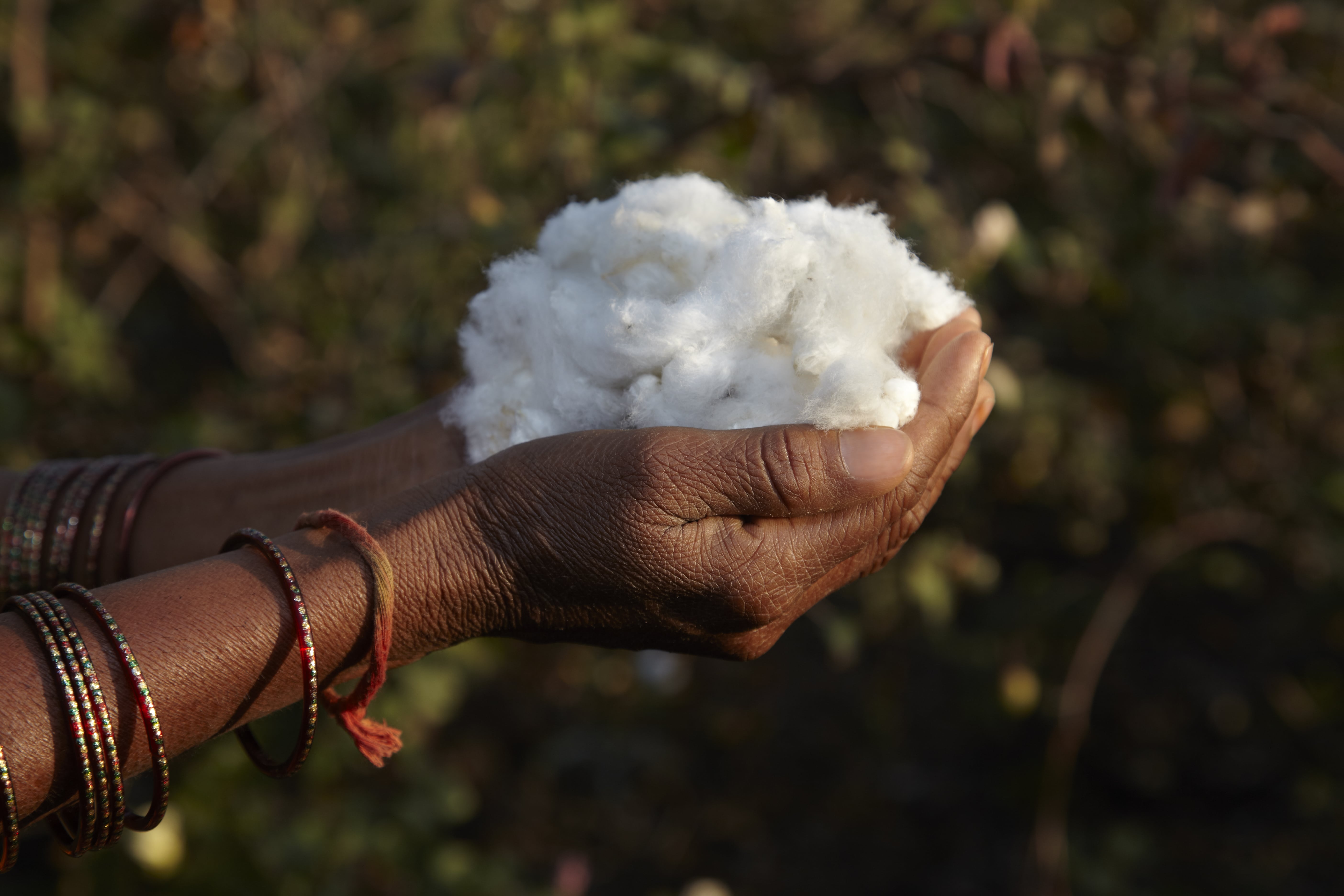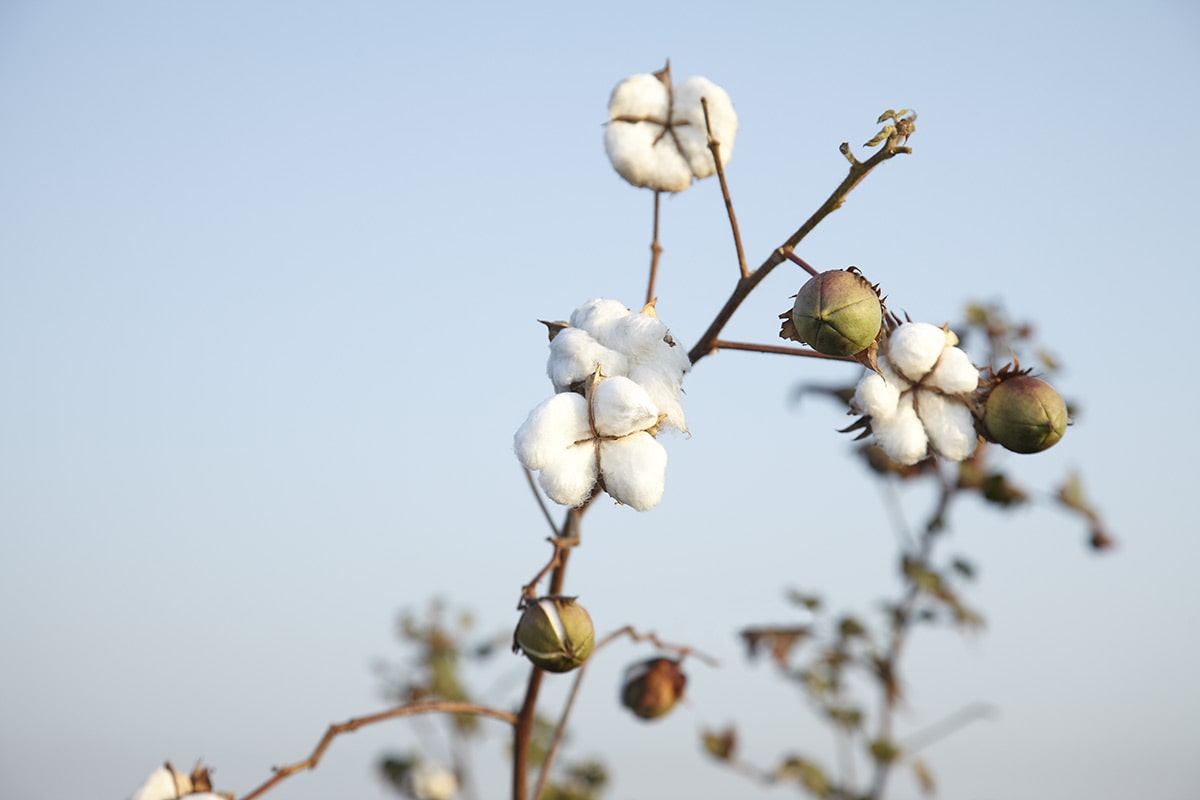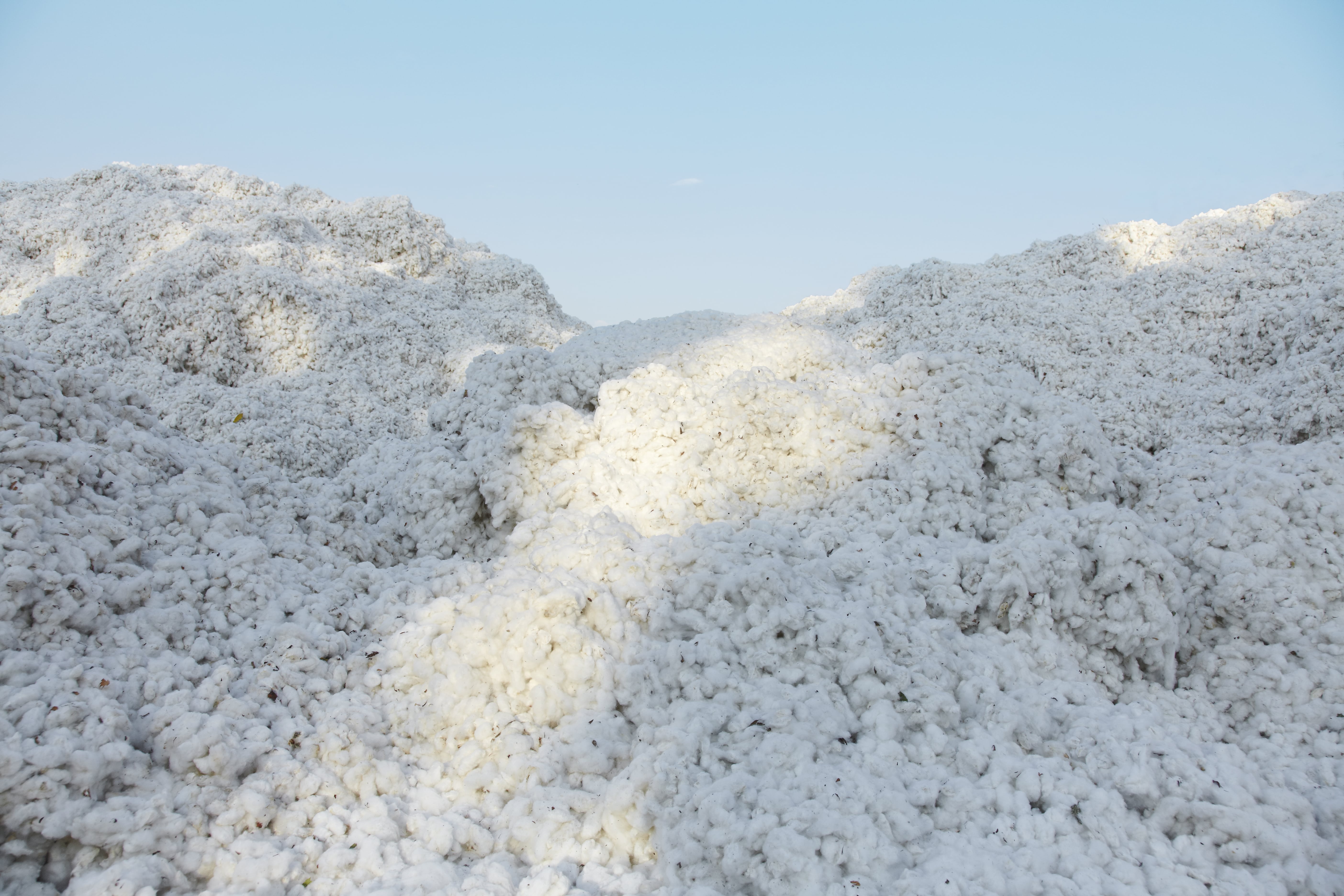This will ensure you receive shipping options, localised offers and currency.

social responsibility: GOTS certification
Here at Nature Baby we see it as so important that everyone working through our whole supply chain is treated fairly. As a respect to basic human rights, we place high value on ethical production and rely on our certifications to ensure that this value is upheld to our workers. Below is some information outlining the two certifications that Nature Baby has for upholding the social responsibility of our supply chain.
GOTS Social Responsibility
Not only is the GOTS standard strict on the environmental side of textile manufacturing, but it is very stringent on social responsibility. The below principles are at the forefront of this social criteria:
- Employment is freely chosen (no forced or bonded labour)
- Workers have freedom of association and the right to collective bargaining (they can form workers committees or a union without the fear of discrimination)
- Child labour must not be used. (Suppliers have checks in place to validate worker’s identity and age. In the unlikely event child labour is found, companies must have, participate in, and contribute to policies and programmes which provide for the transition of any child, which enables the child to attend and remain in quality education until no longer a child.)
- No discrimination is practised
- Working conditions are safe and hygienic
- Fair remuneration (wages and benefits, at a minimum, must meet national legal standards or industry benchmark standards, whichever is higher)
- Working hours are not excessive (workers must not be required to work in excess of 48 hours per week on a regular basis. They must have the right to have rest breaks and must have at least one day off for every 7 days period, on average. Overtime must be voluntary, must not exceed 12 hours per week, must not be demanded on a regular basis, and must be compensated at a premium rate of not less than one and one-quarter times the regular rate)
- No precarious employment is provided
- Harsh or inhumane treatment is prohibited
The GOTS standard is reviewed regularly to ensure best industry practise is upheld and exceeded, so you can ensure you’re getting the best for baby, made in a way that constantly looks after those making their clothes. The current version of the standard is 5.0 – which is currently under review, available to read here.
SOCIAL ACCOUNTABILITY 8000 (SA8000)
As well as our GOTS certification, we align ourselves with factories who hold the SA8000® standard. This is the leading social certification standard for factories and organizations across the globe. It is a voluntary standard which helps certified organizations demonstrate their dedication to the fair treatment of workers across industries and in any country. It sets out the requirements to be met by organisations, including the establishment or improvement of workers’ rights, workplace conditions, and an effective management system.
The intent of the standard is to:
“provide an auditable, voluntary standard, based on the UN Declaration of Human Rights, ILO and other international human rights and labour norms and national labour laws, to empower and protect all personnel within an organisation’s control and influence who provide products or services for that organisation, including personnel employed by the organisation itself and by its suppliers, sub-contractors, sub-suppliers and home workers. It is intended that an organisation shall comply with this Standard through an appropriate and effective Management System.” The standard outlines aspects in which requirements must be met by the certified organisation, such as; forced or compulsory labour, health and safety, discrimination, management systems, disciplinary practices and many other criteria, aligned similarly to the GOTS social standards.
Organisations are continually monitored through auditing by a third party for the purpose of certifying its compliance, with at least 1 unannounced audit in every 3 years. Where the SA8000 standard goes further, is it requires organisations to implement policies and procedures for continuous improvement against the standard. Workplace committees, such as Health & Safety, and Social Performance Team, are a requirement under the standard. These teams are required to assess compliance against the standard and make continual improvements for the safety of all workers. Under SA8000, all management are required to inform all personnel of their compliance with the standard. Workers are trained on their rights, and the full standard must be prominently displayed within the organisation. All policies and procedures shall be effectively communicated and made accessible to workers in all appropriate languages.
We are so proud to align ourselves to standards that treat our workers fairly. We believe this is a fundamental right to all workers along our supply chain. For more information on our manufacturing processes, please see our journal here. xx Nb






